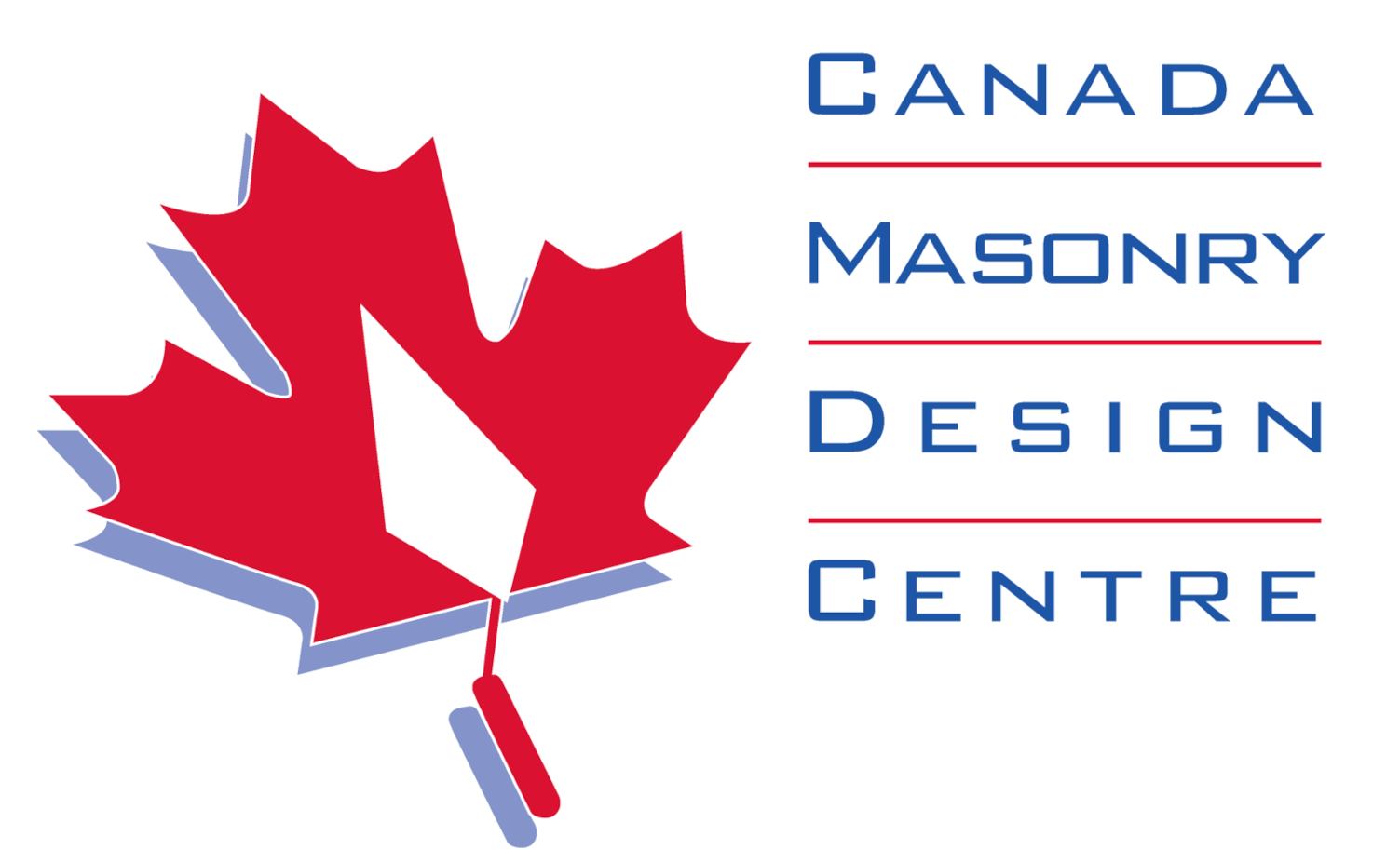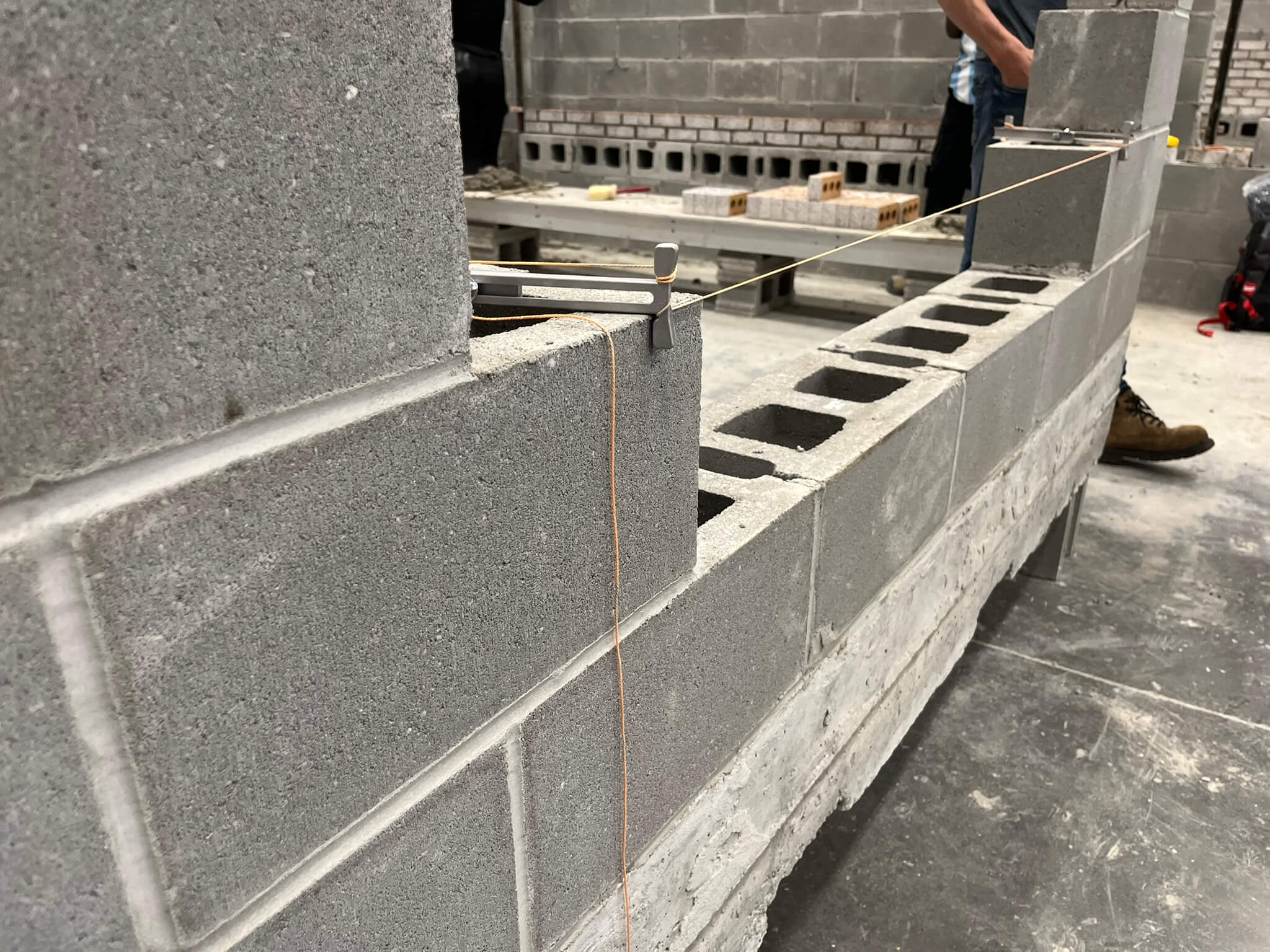Maximizing Concrete Block Partition Walls
When: Tuesday November 25th
Time: 9AM – 11AM
Where: Avalon/Battery Room, Sheraton Hotel
Cost: Free to Register
Coffee/Tea and light refreshments generously sponsored by our partners at the Atlantic Masonry Institute
Maximizing Concrete Block Partition Walls
Concrete block partition walls are workhorses of modern buildings—providing durability, acoustics, fire resistance, and speed of construction when they’re engineered and detailed correctly. This two-hour seminar, delivered by practicing engineers from the Canada Masonry Design Centre, distills current Canadian code requirements and best practices into clear, immediately applicable guidance.
We begin with understanding the biggest benefit to masonry construction in that our walls do not need to be fully grouted. Under NBCC 2020 and CSA S304 partially grouted walls provide the strength and durability of masonry while keeping costs, construction timeline, and embodied carbon down. From there, we tackle tall wall challenges: from understanding the slender wall requirements of CSA S304 to design strategies including proper detailing and movement joints.
The seminar closes with a targeted demonstration of the MASS™ Design Software, highlighting workflows for partition wall design: setting up geometry and loads, evaluating grouting/reinforcement options, checking serviceability deflections, and understanding the nuances with non-loadbearing walls.
Who should attend: The session is directed to structural engineers but relevant to architects as well.
Meet the Instructor
Andrew Smith, M.A.Sc., P.Eng.
Masonry Design Engineer
Andrew completed his B.Sc. and M.A.Sc. in Civil Engineering from Dalhousie University and he works at the CMDC-Atlantic Office. He is the author of the Atlantic Canada Multi-Residential Construction Cost Comparison Study, he provides technical assistance to engineers and architects from Atlantic Canada, he supports the development of MASS Software, and is a member of Technical Committees for the CSA masonry standards as well as for Z797 and B354 for Access Scaffolding and Mast Climbing Work Platforms respectively. Andrew also works with the Atlantic Masonry Institute to assist in the development of the future masonry workforce.




